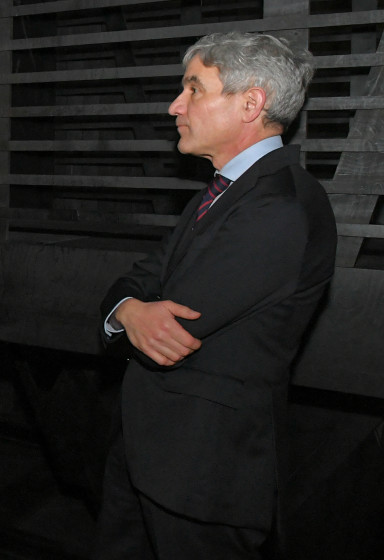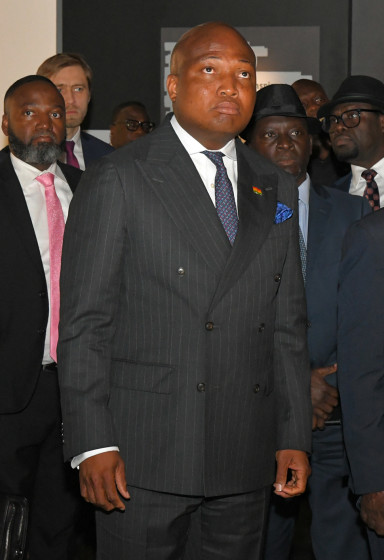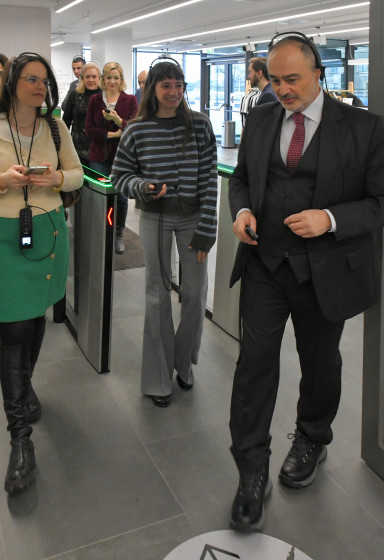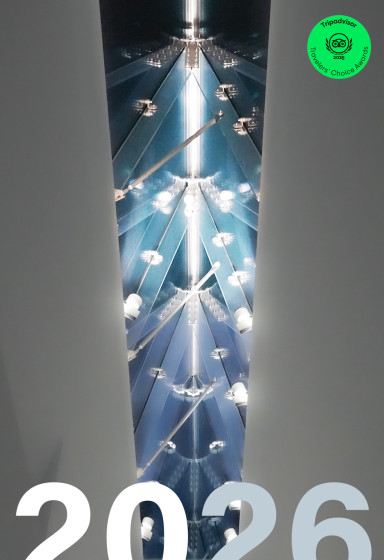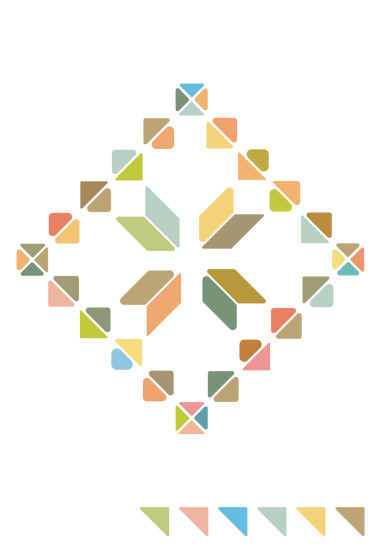Donate to Museum
Each donation helps to ensure the Museum's activities, allowing it to function and provide information for people from all over the world.
The Museum is grateful to each donor and invites everyone to contribute.
A Monument Celebrating Freedom and Commemoration Latvian World War II Prisoners of War to be Built in Zedelgem, Belgium
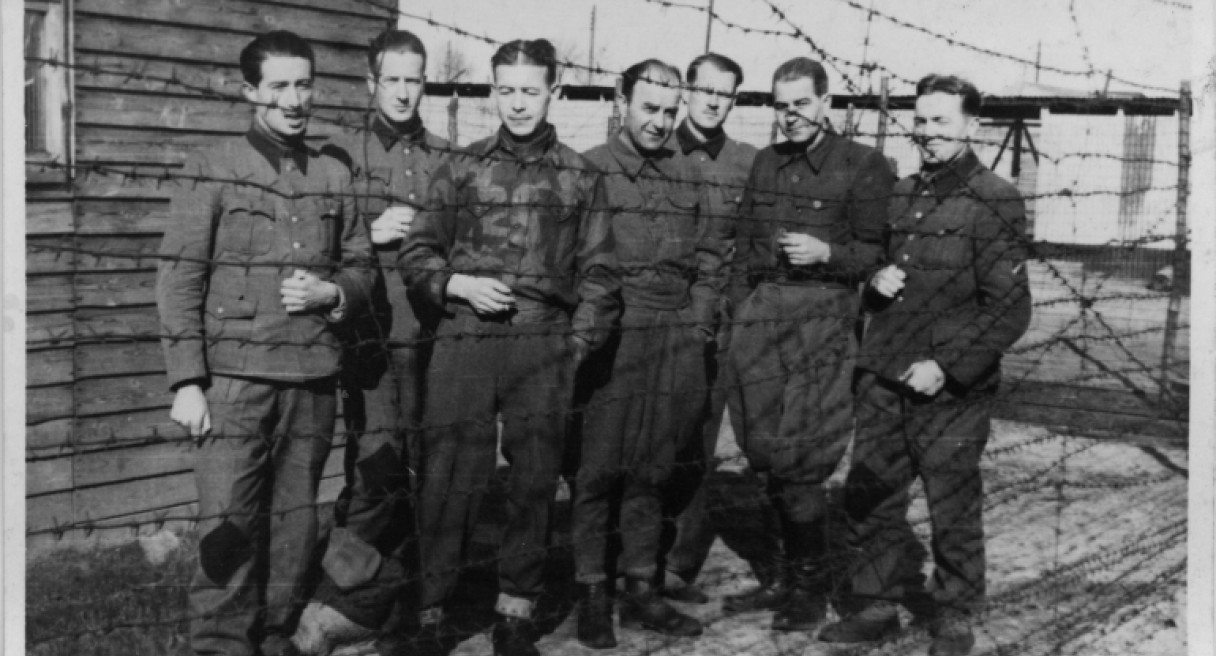
The Municipality of Zedelgem in Belgium and the Museum of the Occupation of Latvia announce a mutual agreement to create a commemorative Freedom Monument that will be unveiled at the newly-named square, Brivibaplein, in Zedelgem in October 2018. The agreement provides EUR 100 000 for the design and creation of the monument to be shared equally by the Municipality and the Museum. The Museum's share will be covered by donations.
Five Latvian sculptors have been invited to participate in a competition of artistic sketches. The organizers will provide an honorarium of EUR 1000 (gross) each for the preparation of the sketches. The winner will be determined by a jury in September. The jury will consist of four members chosen by the municipality of Zedelgem and four designated by the Museum. The winning sculptor will receive a prize of EUR 2000 and a contract for creating the monument. The second place winner will receive EUR 1000; the third – EUR 500.
The Monument's design, as originally proposed by Zedelgem Municipality, must refer symbolically to the concept of Freedom and should remind of the captivity of Latvian and other Baltic prisoners of war in the Zedelgem POW camp during 1945–1946 and the historical ties between Zedelgem and Latvia stemming from that post-war episode. The design must also include a reference to the scale replica of the Latvian Freedom monument built in the British Zedelgem POW camp by Latvian prisoners in November 1945. A multilingual explanatory plaque will be installed on or near the monument.
Brivibaplein is located in a new town development about 3 km from the former prisoner camp, now under management by the Flemish Forest and Nature Agency, but soon to be opened, partially as a nature reserve and open-air museum. A crew of the Museum filmed the remaining prisoner barracks and other places of interest in June 2014. At this time close cooperation developed between the Museum's representatives, and the Municipality of Zedelgem and its historians.
A documentary film Zedelgem, produced by the Museum, is the result of this cooperation. Latvian and other Baltic prisoners in the camp were originally drafted into the German army during German occupation of the Baltic states (1941–1944/45) and sent onto combat against the Soviet Army in German-held territories outside the Baltic, primarily in Western Poland and Pomerania. As the end of the war approached many of them turned westward to avoid being captured by the Soviets, who had repeatedly occupied their once independent countries. They avoided battle contact with the Western Allies and surrendered to them in the British occupation zone. The POW camp in Zedelgem held the largest contingent of Latvian prisoners, about 11 000. Their surrender to the Western Allies at war's end and their rejection of their forced status as soldiers in the German army, culminated in commemoration of freedom and their country's independence in the camp.
